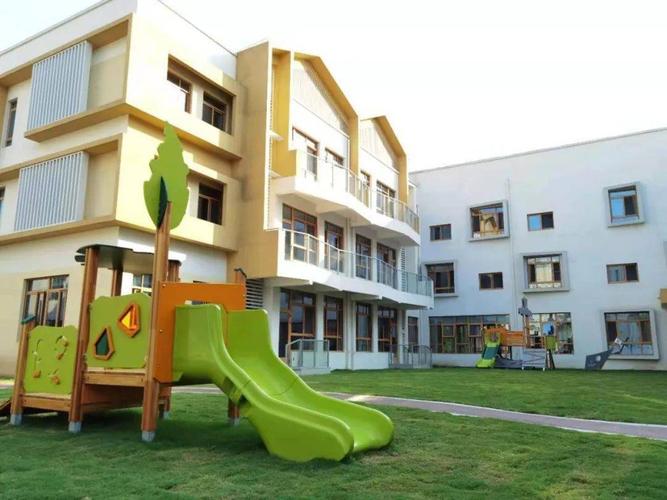考研英语一如何精读
Title: Mastering the Art of Bilingualism in the English Graduate Entrance Exam
In the realm of English graduate entrance exams, mastering bilingual proficiency is not merely an advantage but a necessity for success. Whether you're a native English speaker or learning English as a second language, navigating the intricacies of bilingualism can significantly enhance your performance. Here, we delve into key strategies and insights to help you excel in the competitive landscape of the English graduate entrance exam.
1. Embrace Linguistic Diversity
Embracing linguistic diversity is paramount in the journey toward bilingual proficiency. Recognize the nuances between languages, including grammar structures, idiomatic expressions, and cultural connotations. Engage in immersive experiences such as reading literature, watching films, and conversing with native speakers to deepen your understanding of both languages.
2. Cultivate Vocabulary Equivalency
Building a robust vocabulary repertoire is essential for effective communication in any language. Aim for vocabulary equivalency by learning synonyms, antonyms, and idiomatic phrases in both English and your native language. Utilize flashcards, language learning apps, and mnemonic devices to reinforce retention and expand your lexical breadth.
3. Hone Translation Skills

Translation prowess is a cornerstone of bilingual proficiency, particularly in the context of the English graduate entrance exam. Practice translating texts of varying complexity, ranging from literary passages to scholarly articles. Focus on preserving the meaning, tone, and style of the original text while adhering to grammatical conventions in both languages.
4. Develop CrossCultural Competence
Cultural competence is indispensable in bridging linguistic divides and fostering effective communication. Familiarize yourself with the cultural nuances embedded within language, including social norms, historical references, and symbolic meanings. Embrace a spirit of curiosity and openmindedness toward diverse cultural perspectives.
5. Engage in Contextual Analysis
Effective bilingual communication extends beyond literal translation to encompass contextual analysis and interpretation. Develop critical thinking skills to discern underlying themes, rhetorical devices, and authorial intent in written texts. Pay careful attention to linguistic subtleties, such as connotations, metaphors, and cultural references, to extract deeper layers of meaning.
6. Practice Active Listening
Active listening is fundamental to language acquisition and comprehension in bilingual settings. Immerse yourself in Englishlanguage media, such as podcasts, TED talks, and academic lectures, to enhance your auditory proficiency. Focus on discerning key ideas, recognizing intonation patterns, and expanding your listening comprehension skills.
7. Seek Constructive Feedback
Seeking constructive feedback is essential for continuous improvement in bilingual proficiency. Engage with language instructors, peers, or language exchange partners to receive feedback on your speaking, writing, and translation abilities. Embrace constructive criticism as an opportunity for growth and refinement in your language skills.
8. Simulate Exam Conditions
Simulating exam conditions is crucial for acclimating to the rigors of the English graduate entrance exam. Practice timed exercises, mock exams, and sample essay prompts to familiarize yourself with the format and pacing of the exam. Develop strategies for efficient time management and prioritization to optimize your performance on test day.
Conclusion:
Mastering bilingualism in the English graduate entrance exam requires dedication, perseverance, and a multifaceted approach to language acquisition. By embracing linguistic diversity, cultivating vocabulary equivalency, honing translation skills, and developing crosscultural competence, you can enhance your proficiency in both languages and excel in the competitive landscape of the exam. With diligent practice, active engagement, and a commitment to lifelong learning, you can confidently navigate the complexities of bilingualism and achieve success in your academic endeavors.












评论
匿名用户
回复考研英语,完型篇章精准必选词汇!